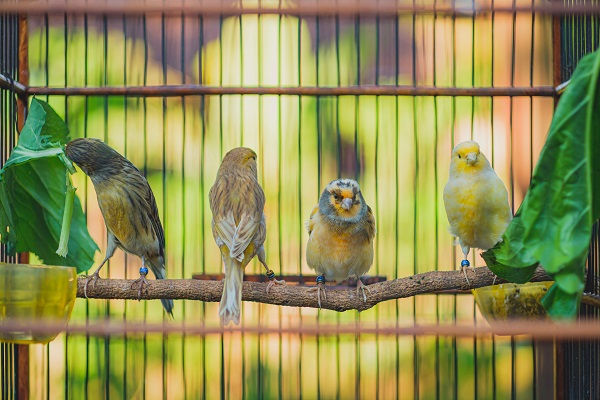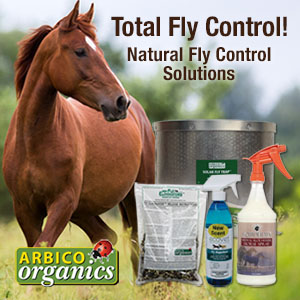
Birds have extremely delicate respiratory systems with their lungs operating quite differently than those in humans and other animals. Birds have two relatively small lungs and in the lungs are bellows-like air sacs. These air sacs keep the lungs perpetually inflated. Their lungs have an opening on each end through which air flows into the interconnected air sacs in the neck, chest, and abdomen. Most birds have four paired air sacs, plus a single unpaired sac for a total of nine. Some of the air sacs also enter into bones.
Birds require two complete inspirations and two complete expirations to circulate air through their respiratory tracts. Humans, by comparison, require one inhalation and one exhalation. There is a one-way flow of air in their lungs…thus the lungs receive fresh air during inhalation and again during exhalation in the bird’s respiratory system, air first flows through air sacs that direct fresh, oxygenated air into the lungs where gas exchange occurs, both when the bird inhales and exhales.
Bird lungs are much better at getting oxygen out of the air than human lungs. This is important for birds, because they use up a lot of energy when they fly, so their cells need more oxygen to get the energy out of the food they eat. Also, birds sometimes fly to high altitudes, where there is very little oxygen in the air. Birds can fly to high altitudes because of their special lungs. The bird’s respiratory system takes up 20% of a bird’s volume (our respiratory system takes up only 5%). Birds breathe much more rapidly than humans do. A large parrot at rest requires 25 to 40 breaths per minute, compared with 12 to 16 breaths per minute for humans. A canary requires 60 to 100 breaths per minute. Because of the way their lungs work, birds can even sing and fly at the same time.
Because their respiratory system is so sensitive, it is important that the bird’s breathe fresh, pure air. Toxins or pollutants in the air can quickly become a major source of problems and even death for the bird. Fumes, especially those from cooking and cleaners, can sicken and even kill house birds. Birds can inhale mold spores, those nasty little organisms that grow on surfaces. We can’t see them, and usually don’t smell them, but spores float through the air and into our lungs. If you have powder-down birds like Greys or Cockatoos, other birds could develop respiratory infections from the dust and dander of these birds.
Compounds in cigarettes that are on smoker’s hands can end up on bird’s feathers’, causing itching and feather pulling. The same is true with sweat, dirt, food residue, etc. Not only smoke from cigarettes can be fatal to birds, but also smoke and irritants from things like wood stoves, kerosene heaters, incense, exhaust fumes from vehicles, air pollution. Dust can contain spores & is a general respiratory irritant. Pure air in your home or aviary is vitally important for the health of your bird.
Background information for this article was provided by PetCareTips.net.
Did You Know?
The most common bird in North America is the mallard duck. Did you know that they marry for life and on beyond death until they themselves die?
Related Articles & Free Email Newsletter Sign Up
Easy Ways to Bond With Your Bird
Why Birds Preen and What They Accomplish Doing It




Comment here